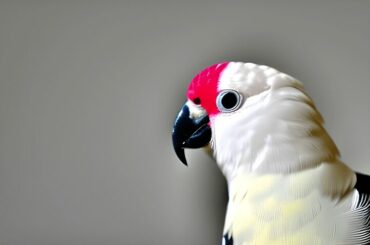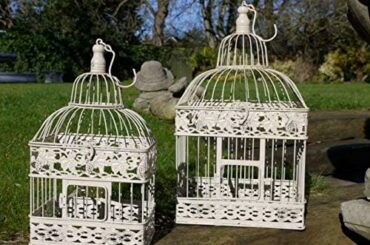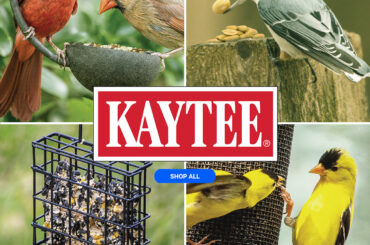Table of Contents
Introduction
Providing a nutritious diet for your beloved parakeet is essential for their overall health and well-being. Just like humans, parakeets require a balanced and diverse diet to thrive. In this ultimate guide, we will explore the unique dietary requirements of parakeet food and unveil the secret recipe for creating nutritious and delicious Parakeet Food for these colorful feathered companions.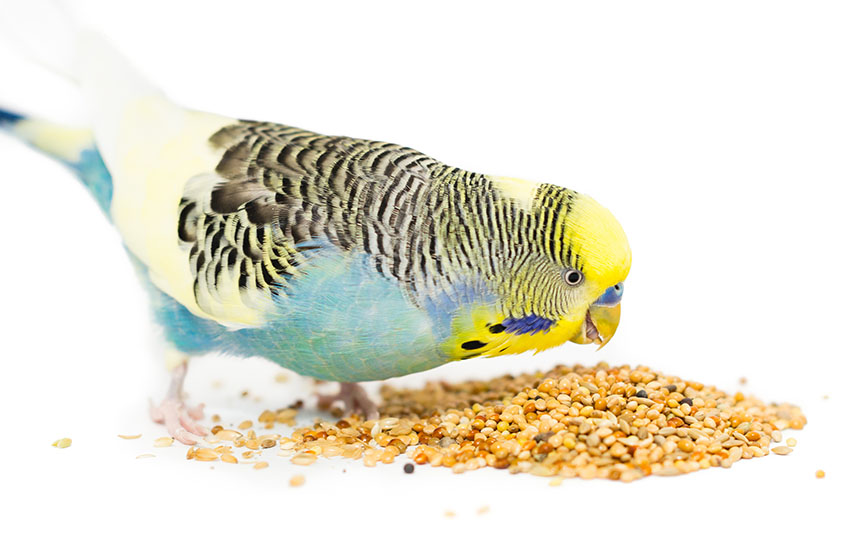
Understanding the Nutritional Needs of Parakeets
Parakeets have specific dietary needs that differ from other birds. These small and vibrant creatures require a variety of nutrients to support their metabolism, maintain strong immunity, and sustain optimal energy levels. A well-balanced diet plays a crucial role in their growth and development, as well as in preventing various health issues.
Essential Ingredients for Nutritious Parakeet Food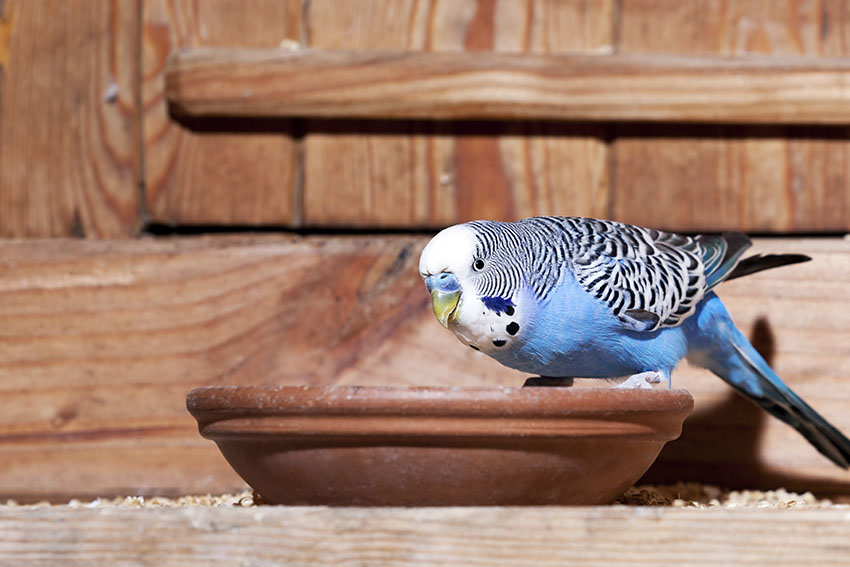
To create a wholesome diet for your parakeet, it is important to incorporate a diverse range of ingredients that cater to their nutritional needs. Let’s delve into some key components:
A. Seeds, Grains, and Legumes
- Selecting high-quality birdseed mixtures: Look for mixtures that contain a variety of seeds such as millet, sunflower seeds, and safflower seeds. Avoid mixtures with added artificial colors or preservatives.
- Incorporating healthy grains and legumes for added nutrients: Consider adding whole grains like quinoa and amaranth, as well as legumes such as lentils and chickpeas, to provide your parakeet with essential carbohydrates and proteins.
B. Fresh Fruits and Vegetables
- Identifying safe fruits and vegetables for parakeets: Offer a wide array of fresh fruits and vegetables, including options like apples, carrots, broccoli, and leafy greens. Avoid avocados, onions, and other toxic foods.
- Balancing the amount of fruits and vegetables in their diet: While fruits and vegetables are beneficial, moderation is key. Offer them in appropriate portions to supplement their seed-based diet without causing nutritional imbalances.
C. Protein Sources
- Choosing suitable protein sources for parakeets: Consider incorporating protein-rich foods such as cooked eggs and insects like mealworms or crickets into their diet. These sources provide essential amino acids crucial for their growth and muscle development.
- The benefits of including insects and cooked eggs in their diet: Insects and cooked eggs are not only rich in protein but also offer varied texture and flavors, making mealtime more enjoyable for your parakeet.
D. Essential Vitamins and Minerals
- Understanding the importance of vitamins and minerals: Vitamins and minerals play vital roles in maintaining your parakeet’s overall health and preventing deficiencies. Ensure their diet is enriched with essential nutrients like vitamin A, D, calcium, and iron.
- The role of supplements in maintaining optimal health: While a balanced diet should provide most vitamins and minerals, discussing potential supplementation with a veterinarian can help ensure your parakeet’s specific needs are met.
Crafting Balanced Parakeet Food Recipes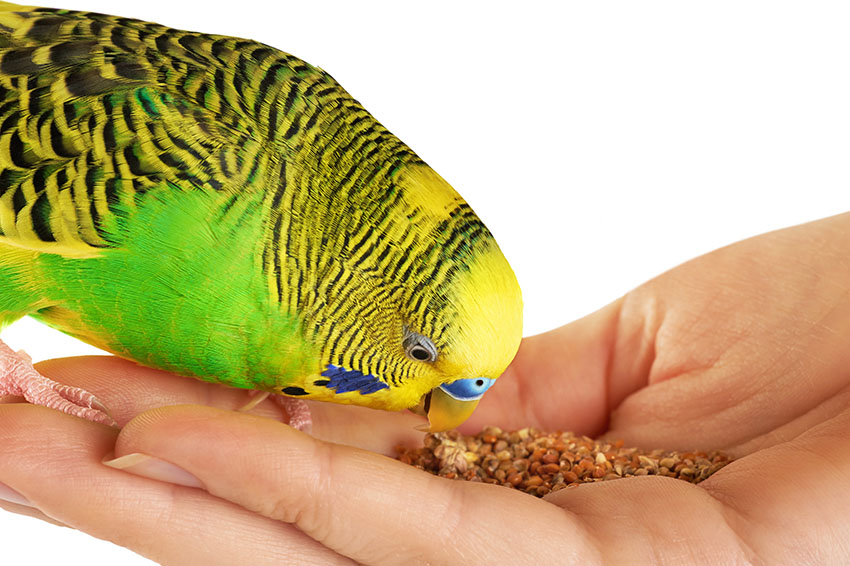
Creating homemade parakeet food enables you to have control over the ingredients and ensures the freshness of their meals. Here are some tips for crafting nutritious parakeet food:
A. Base Mixtures
- Creating a wholesome base mixture for daily consumption: Combine the birdseed mixture, grains, and legumes in appropriate proportions to create a foundation for their meals. This base mixture should be the primary source of their daily nutrition.
- Maintaining freshness and preventing spoilage: Store the base mixture in airtight containers in a cool, dry place to maintain its freshness and prevent the growth of harmful molds or pests.
B. Nutritious Treats and Snacks
- Exploring homemade treat recipes that provide added nutrition: Experiment with nutritious treat recipes using ingredients like oats, dried fruits, and unsalted nuts. These homemade treats can serve as rewards during training sessions or as occasional snacks.
- Introducing variety to their diet with safe snack options: Integrate safe snack options like chunks of fresh fruit and vegetables, or even small portions of cooked whole grains, to add variety and stimulate their taste buds.
C. DIY Nutritional Supplements
- Preparing homemade vitamin and mineral supplements: With proper guidance from a veterinarian, you can create homemade supplements using natural ingredients like spirulina powder or crushed eggshells to ensure your parakeet receives the necessary vitamins and minerals.
- Ensuring proper dosage and administration: Before adding any homemade supplements to your parakeet’s diet, consult with a veterinarian to determine the appropriate dosage and method of administration.
Buy On Amazon
Best Practices for Feeding Parakeets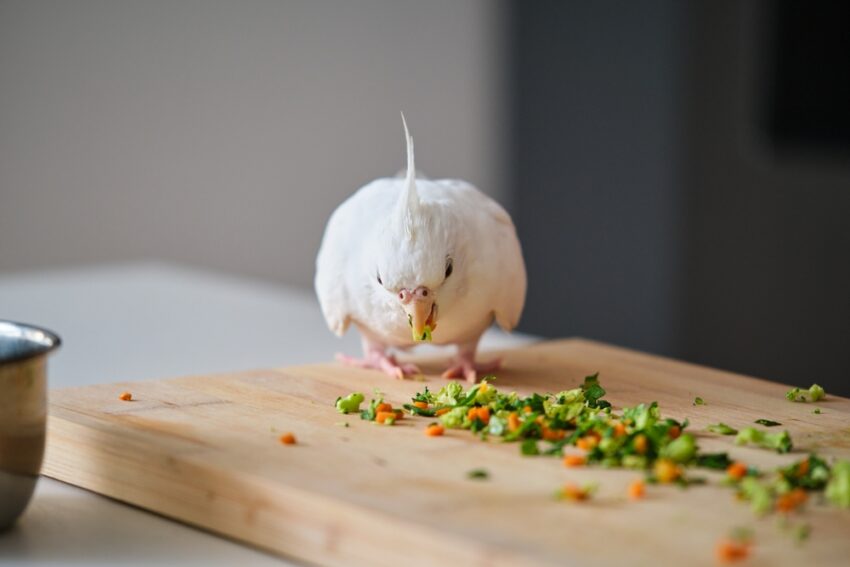
In addition to providing a nutritious diet, it is important to establish best practices for feeding your parakeet. Consider the following guidelines:
A. Creating a Feeding Schedule
- Establishing a consistent feeding routine: Aim for regular feeding times each day to help your parakeet develop a predictable eating pattern. This routine will also promote a healthy digestive system.
- Understanding portion control and moderation: Offer portions that are suitable for your parakeet’s size and activity level. Avoid overfeeding, as it can lead to obesity and related health issues.
B. Proper Food Presentation
- Utilizing different feeding methods and accessories: Explore various feeding methods, such as using hanging feeders or foraging toys, to encourage your parakeet’s natural instincts and mental stimulation while eating.
- Stimulating foraging behavior for mental stimulation: Hide small amounts of Parakeet Food within the enclosure or introduce puzzle feeders to stimulate your parakeet’s instincts to forage and explore.
C. Hydration Guidelines
- Ensuring adequate water intake for your parakeet: Provide fresh, clean water daily in a shallow dish or water dispenser. Parakeets should have access to water at all times to prevent dehydration.
- Tips for maintaining clean and fresh water: Regularly check and replace the water to ensure cleanliness. Consider using water dispensers with built-in filters to remove impurities and keep the water fresh.
Buy On Amazon
Monitoring and Adjusting the Diet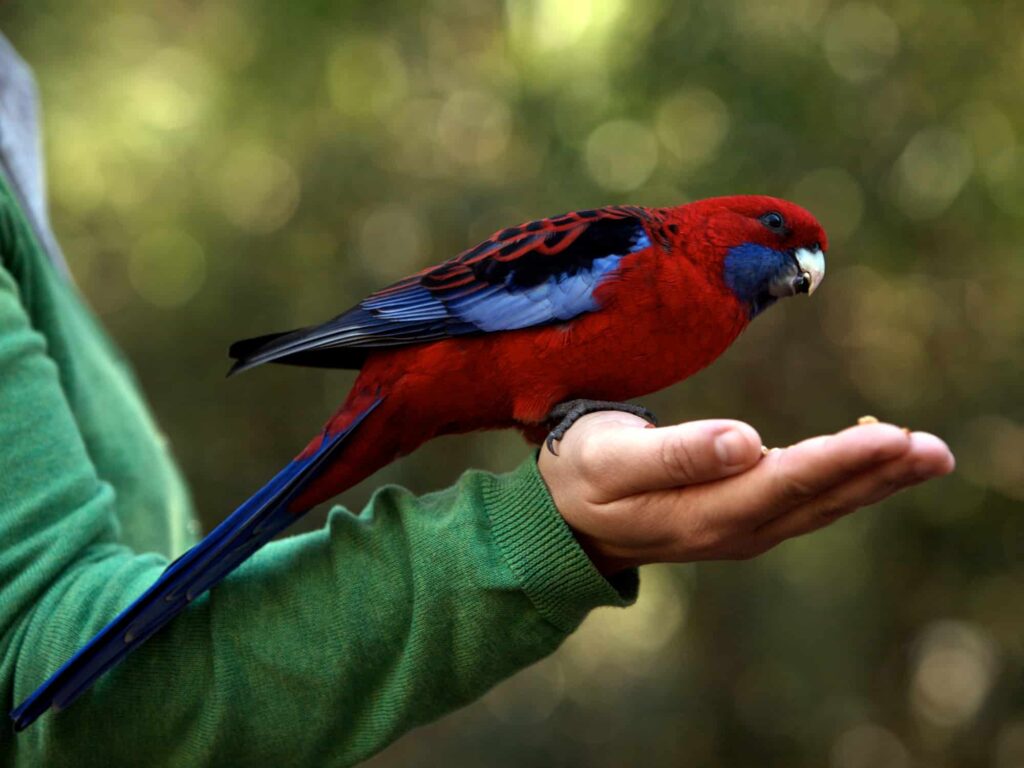
It’s crucial to monitor your parakeet’s diet and make necessary adjustments to ensure their nutritional balance. Here’s what you should keep in mind:
A. Signs of Nutritional Imbalance
- Identifying symptoms of deficiencies or excesses: Watch for signs such as feather abnormalities, weight loss or gain, changes in appetite, dullness, or excessive preening. These may indicate nutritional imbalances or a need for dietary adjustments.
- Seeking appropriate veterinary assistance when necessary: If you notice any concerning signs or are uncertain about your parakeet’s diet, consult a knowledgeable avian veterinarian for guidance and professional advice.
B. Implementing Dietary Adjustments
- Understanding how to modify the diet for specific health conditions: Consult with a veterinarian if your parakeet develops specific health conditions, as dietary adjustments may be recommended. Certain conditions may require specific nutrient restrictions or additional supplements.
- The gradual introduction of new foods and phasing out poor choices: When introducing new foods, do so gradually to prevent digestive upsets. Likewise, if certain foods prove to be poorly tolerated or nutritionally inadequate, carefully phase them out while incorporating suitable alternatives.
Buy On Amazon
READ ALSO:
- Unveiling the Ultimate Guide: Jenday Conure Price Revealed for All Bird Lovers!
- Jenday Conure for Sale: Unlock the Door to Joy and Endless Entertainment
- The Ultimate Guide to Eclectus Parrot Price: Unveiling Jaw-Dropping Deals and Tips
- Caique Parrot 101: Everything You Need to Know About Adorable and Energetic Pet Parrots
- Demystifying Senegal Parrot Lifespan: What Every Parrot Lover Needs to Know – Senegal Parrot 101
- Senegal Parrot for Sale at Unbeatable Prices: Find Your Perfect Feathered Companion
- Jenday Conure Species Profile: Bringing the Beauty of the Wild to Your Home
Summary
In summary, providing a balanced and nutritious diet is paramount to maintaining the health and well-being of your parakeet. By incorporating a variety of high-quality ingredients like seeds, grains, legumes, fresh fruits, vegetables, protein sources, vitamins, and minerals, you can create a wholesome and flavorful menu for your feathered friend.
Establishing a feeding schedule, utilizing different feeding methods, and ensuring proper hydration will further enhance their overall enjoyment and mental stimulation. Regularly monitor their diet, seek veterinary advice when necessary, and make any required adjustments to promote optimal health and longevity for your cherished parakeet.
Frequently Asked Questions (FAQs)
Can I feed my parakeet only seeds?
- While seeds are a staple Parakeet Food, a diet based solely on seeds can lead to nutritional deficiencies. It’s crucial to incorporate a variety of other nutritious foods to provide a well-rounded diet.
How often should I provide fresh fruits and vegetables?
- Fresh fruits and vegetables should be offered on a daily basis in small portions. This helps ensure your parakeet receives essential vitamins, minerals, and fiber.
Are there any foods that are toxic to parakeets?
- Yes, several foods are toxic to parakeets. Examples include avocados, onions, chocolate, and caffeine. It’s vital to familiarize yourself with a list of safe and toxic foods to prevent any harm to your feathered companion.
How can I encourage my parakeet to try new foods?
- Slowly introducing new foods alongside familiar ones can pique your parakeet’s curiosity. Patience, positive reinforcement, and persistence are key to successfully expanding their culinary horizons.
Should I consider commercial parakeet food or focus solely on homemade options?
- Both commercial parakeet food and homemade options can be suitable. However, it’s important to carefully select high-quality commercial options or consult with a veterinarian to ensure a complete and balanced diet. Homemade options can offer variety and allow for more control over ingredients, but they require proper knowledge and planning to meet your parakeet’s nutritional requirements.

